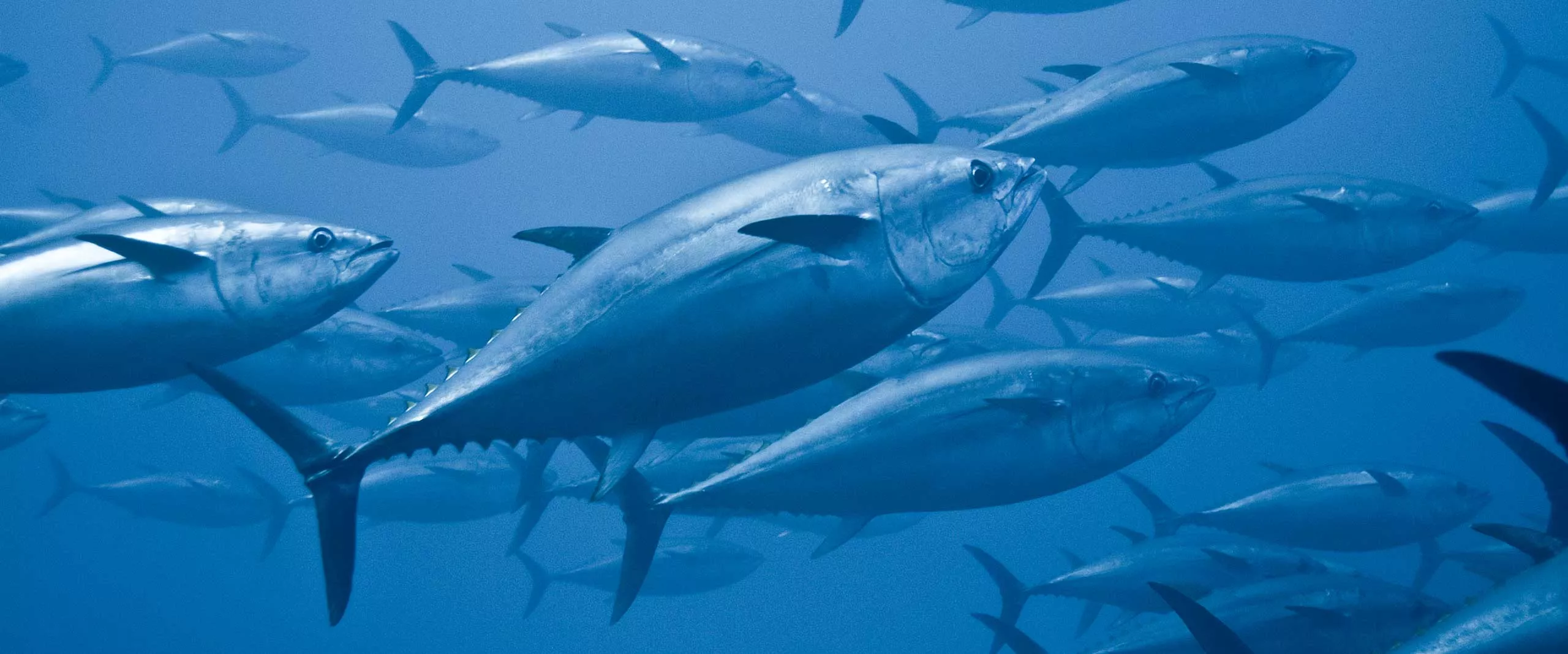
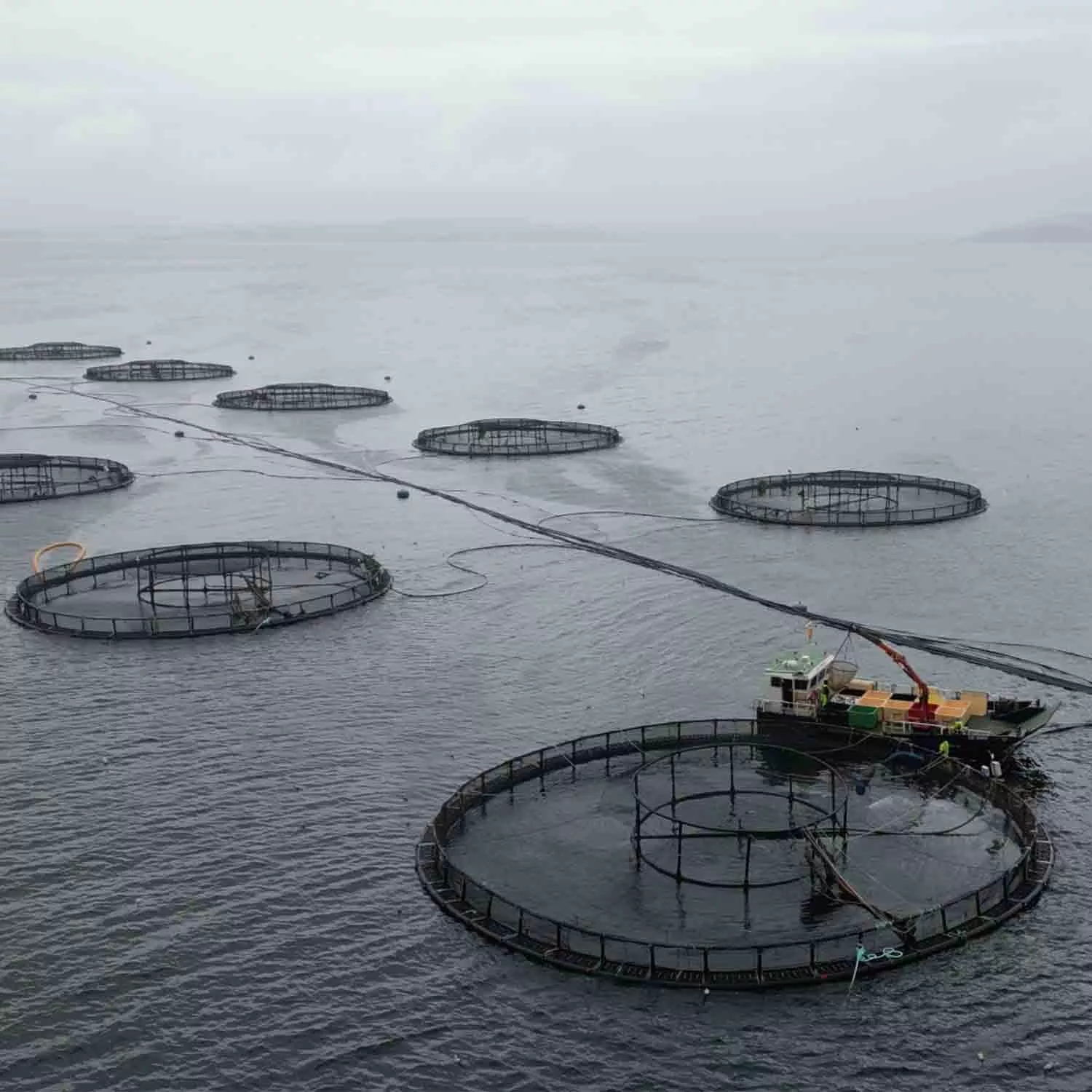
THE DEADLY FISH INDUSTRY
Fish feel pain and deserve protections
UNDERWATER SUFFERING
Whether raised in industrial fish farms or caught in the wild, fish have zero legal protections in how they’re treated or slaughtered. Fish often live in complex social groups; they use tools and exhibit signs of anxiety and pain. However, fish are treated like commodities by the fishing industry.
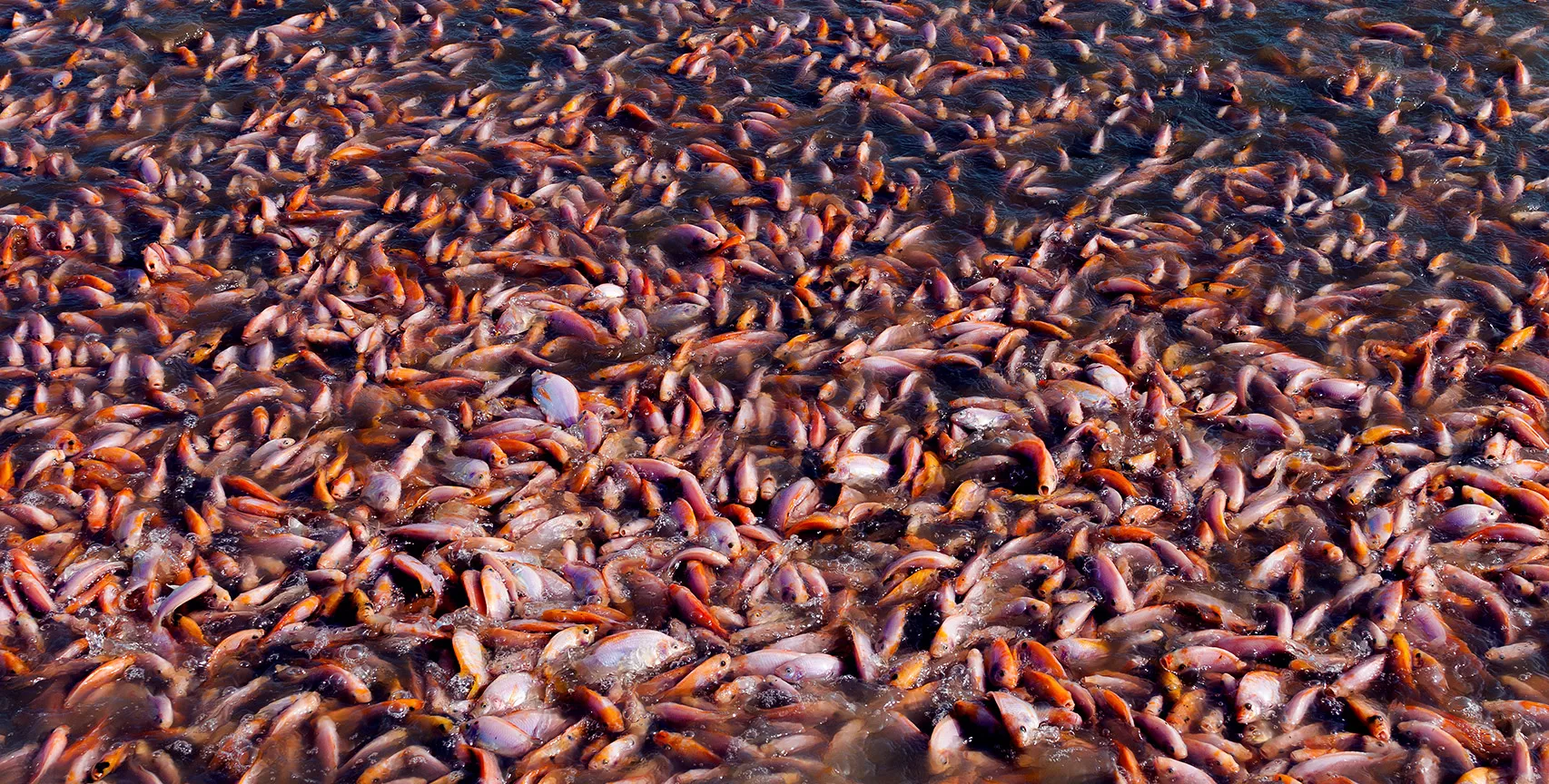
Factory fish farms
Most fish eaten today are raised inland or on ocean-based aquafarms, spending their entire lives confined in tightly packed environments. In the factory farm industry, fish suffer for up to two years in water with high levels of ammonia and nitrates.
Commonly, groups of fish will become infested with parasites that feed on the gills, organs, and blood of fish. Bacterial infections also run rampant.
INDUSTRIAL FISHING
Commercial fishing is cruelty to animals on a colossal scale, killing nearly a trillion animals worldwide every year. Ships the size of football fields use long lining and gill nets.
In long lining, ships unreel up to 50 miles of line, each with hundreds of thousands of baited hooks. Gill nets, which range from 300 feet to seven miles long, create large walls of nets that fish cannot see. They inadvertently swim into them, and many will suffocate or bleed to death.
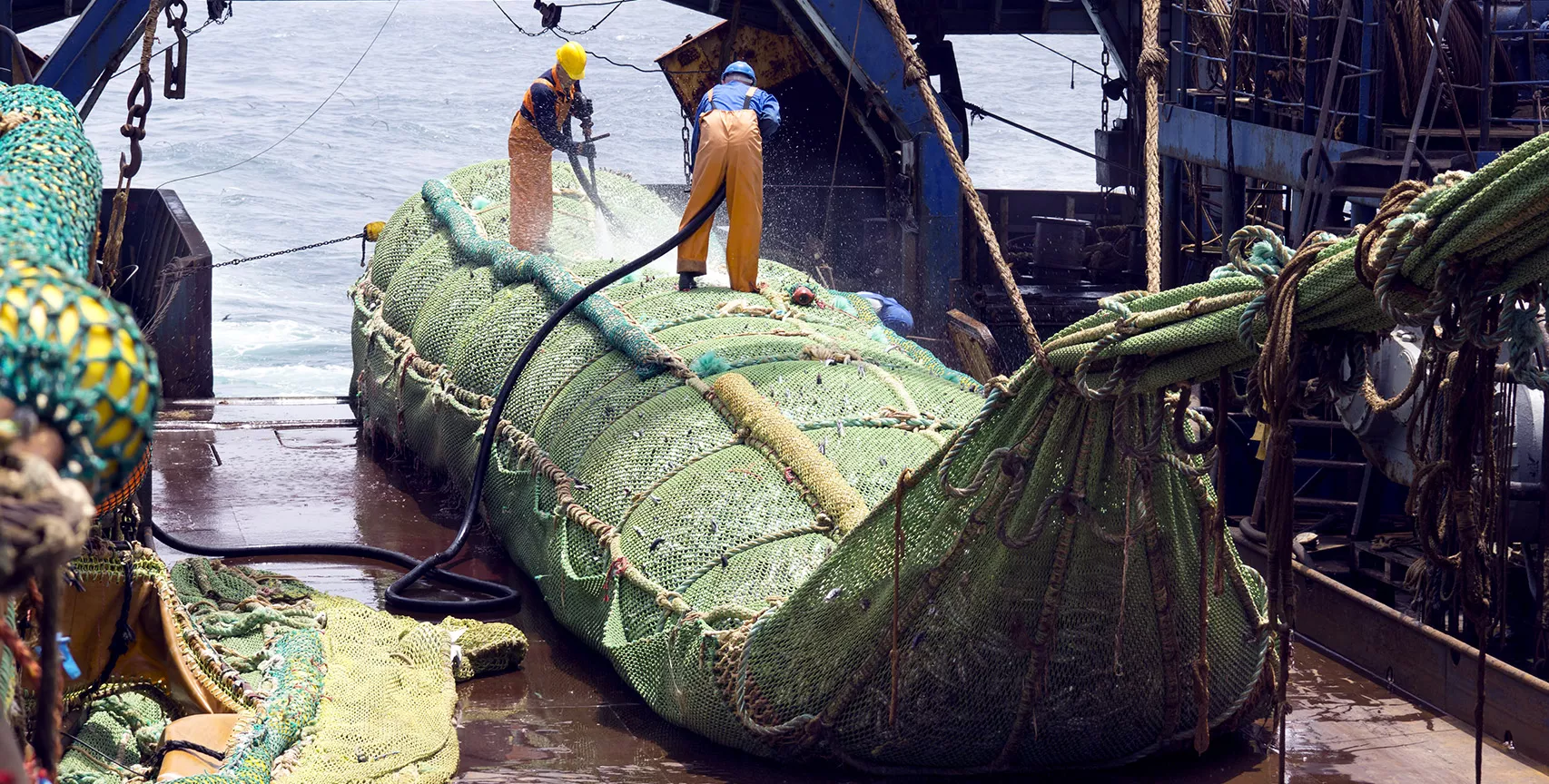
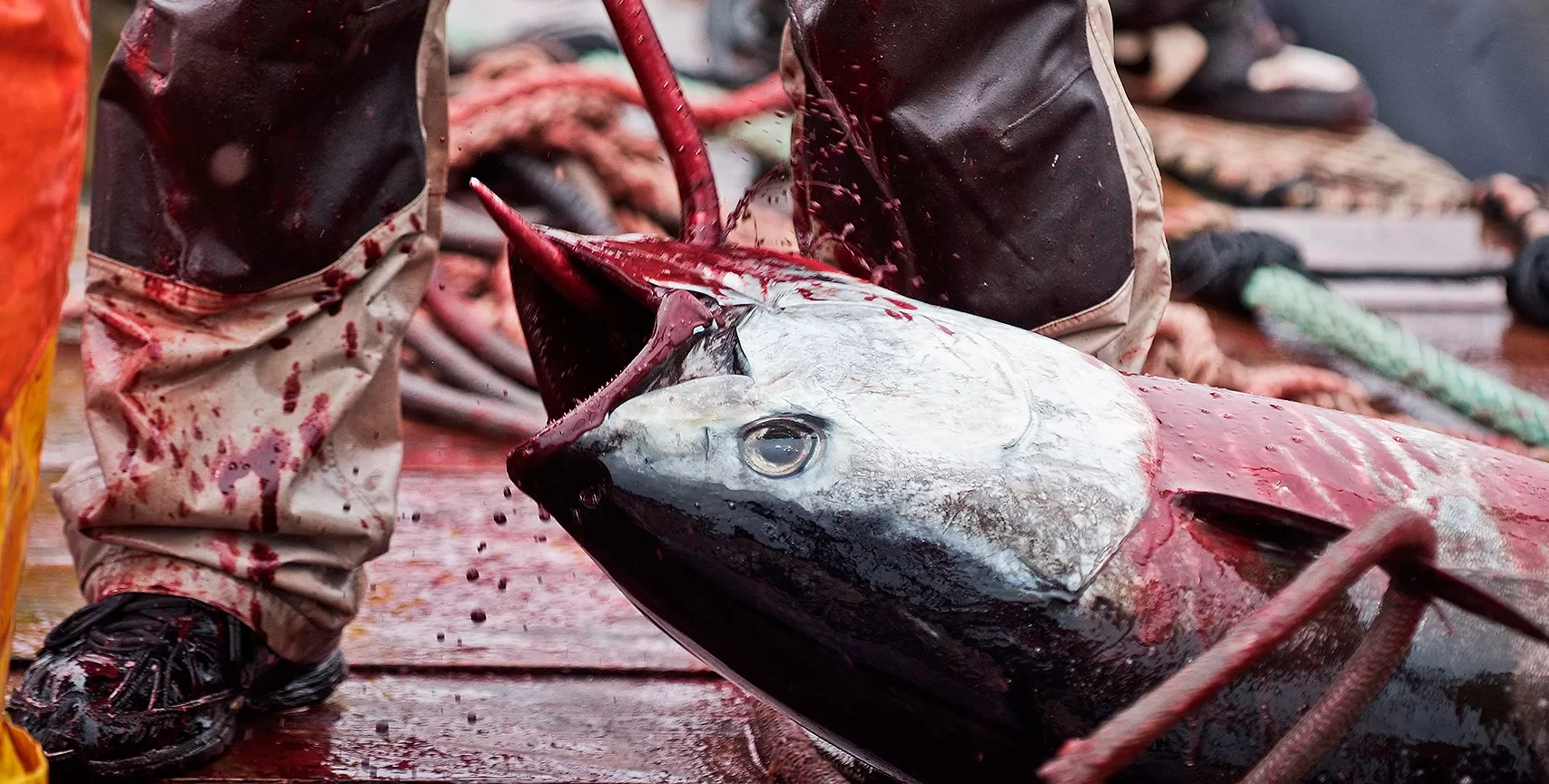
Cruel slaughter
The Humane Slaughter Act does not cover fish in the United States. This results in a wide variety of cruel slaughter methods dependent on industry, company, and species.
Fish are usually removed from the water and left to suffocate and die. They desperately attempt to escape as their gills collapse, preventing them from being able to breathe. Larger animals, such as tuna and swordfish, are frequently clubbed to death. This often leads to an animal being injured but regaining consciousness, which must be repeated several times.
By the numbers
Beyond the cruelty
The fishing industry also has devastating effects on our planet and takes a toll on our health.
FISHING AND THE ENVIRONMENT
Industrial fishing and aqua farming both have environmental impacts. Factory farming of fish can lead to toxic water conditions. Ammonia, nitrates, and parasites all have severe consequences.
Industrial-scale fishing operations have similarly devastating effects on the environment. Commercial fishing operations typically use giant trawlers that scrape up fish – and everything else – off the ocean floor. As much as 40 percent of the global catch is discarded overboard as bycatch.
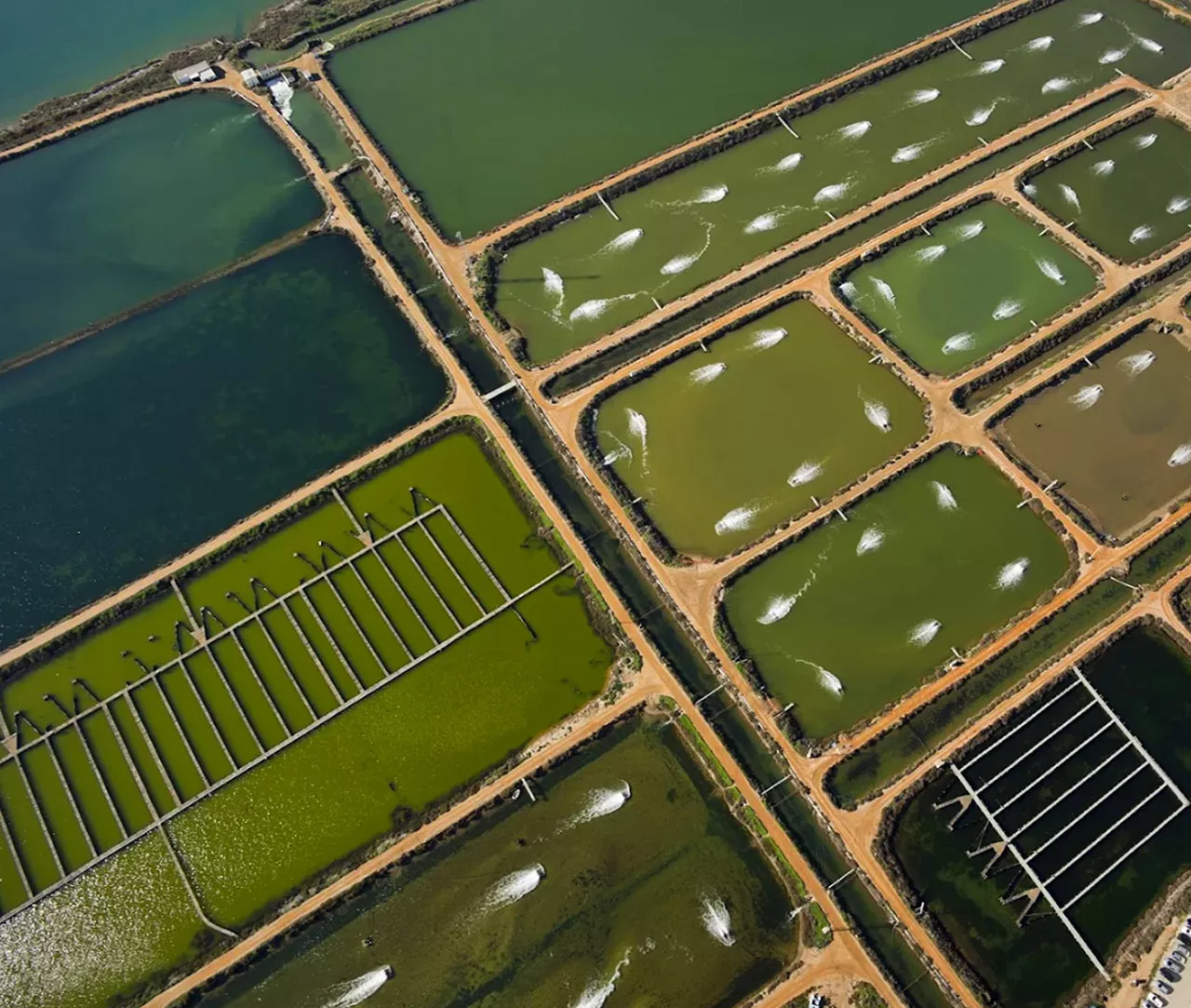
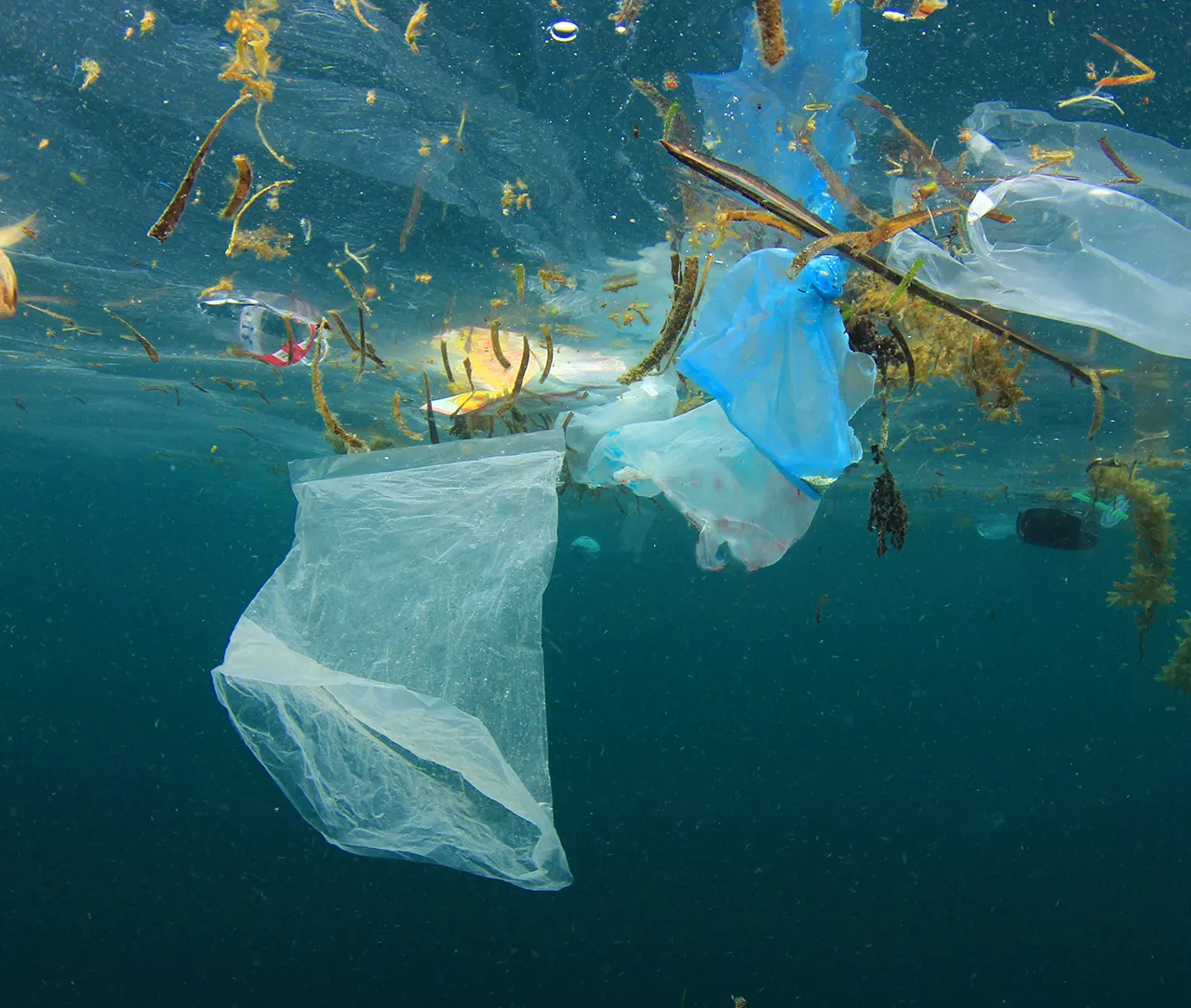
Fishing and your health
Consuming fish and other sea animals can pose serious health risks. Many fish, including tuna, swordfish, shark, and mackerel, are consistently high in mercury, which can harm a fetus’s or young child’s nervous system. Contaminants sometimes found in fish, such as dioxins and PCBs, have been linked to cancers and reproductive problems.
According to a study at Plymouth University, those who consume fish ingest up to 11,000 tiny pieces of plastic every year. Though these long-term health effects are unknown, researchers think this could lead to various health issues, including inflammation and muscular degeneration.
OUR WORK ON FISH
Italy
Exposing Cruelty Underwater
In June 2012, Animal Equality went underwater to document the cruel and bloody slaughter of tuna in Italy.
Our investigators went underwater and spent several days on boats off the island of San Pietro, managing to film and photograph the natural behavior of tuna fish underwater, as well as their grievous plight: Bluefin tuna are brutally torn from the ocean and pulled onto boats to then be violently struck with harpoons. They struggle, choke, and bleed to death.
Animal Equality’s footage appeared in Spanish and Italian media, including a piece in the Italian national paper “La Repubblica.”
The footage was also featured in the awarded documentary Cowspiracy.
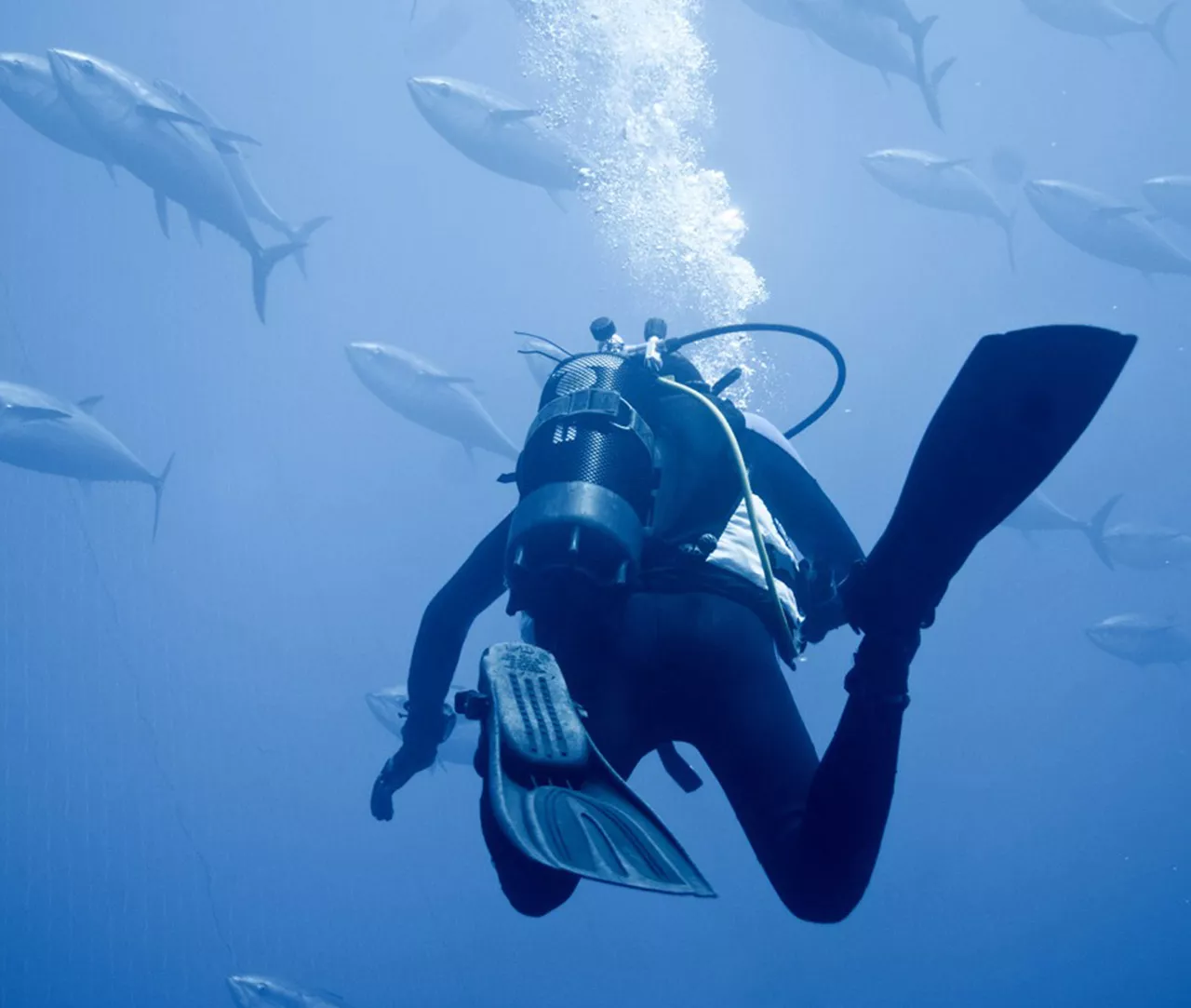
What can I do to help?
VOLUNTEER
Join forces with Animal Equality as a volunteer in your area.
Whether online or at events, you can help spread awareness of the harsh reality fish face in the cruel fishing industry.
Distribute leaflets, research, write texts, or participate in our events in your area today!


